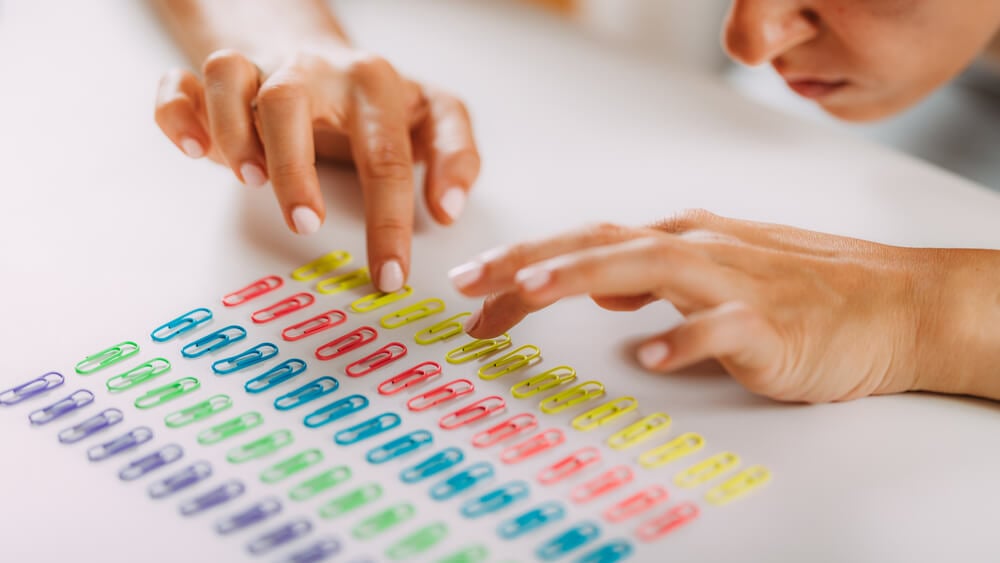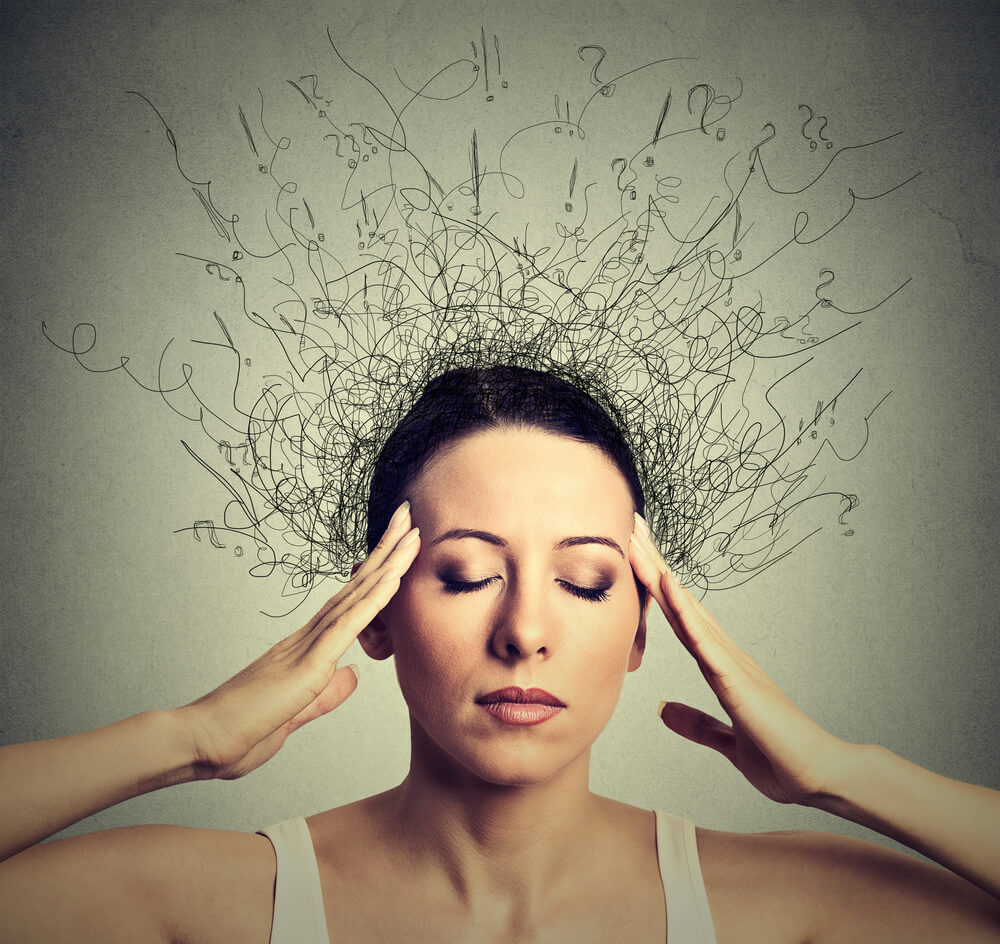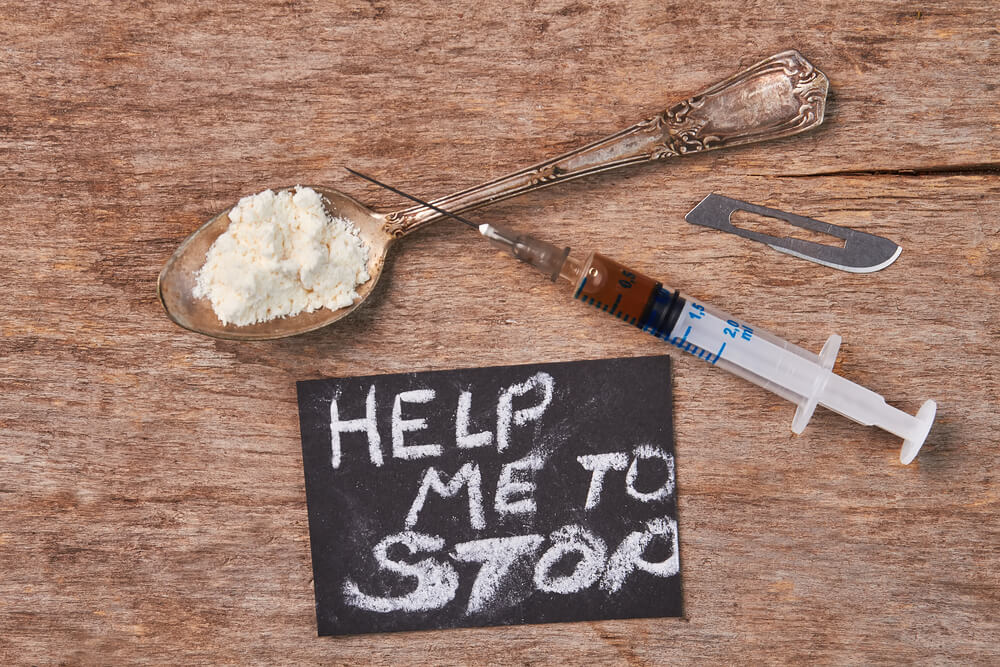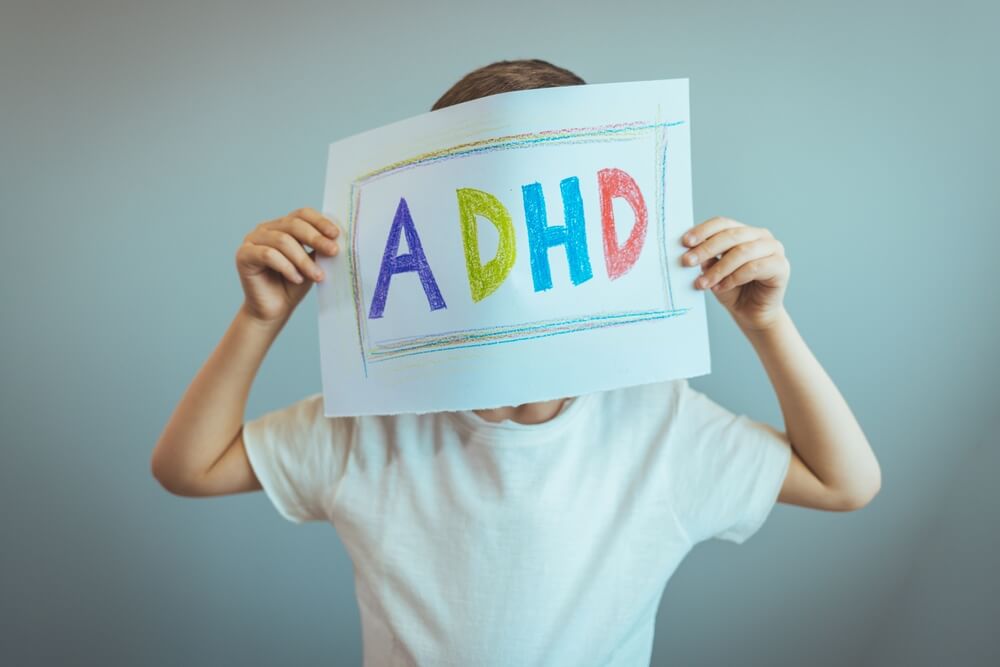
Obsessive-Compulsive Disorder (OCD) is one of the most misunderstood mental health conditions. You have probably heard someone say, "I am so OCD about organizing my desk," or "My OCD is kicking in" when they prefer things to be neat.
But OCD is far more than a personality quirk or a preference for tidiness. It is a serious mental disorder that affects millions of people worldwide. In the U.S., 1.6% to 2.3% the general population is affected by Obsessive Compulsive Disorder.

Obsessive Compulsive Disorder is characterized by two main components: “Obsessions and Compulsions”.
→ Obsessions are unwanted, intrusive thoughts, images, or urges. They cause significant distress.
→ Compulsions are repetitive behaviors. They are mental acts that a person feels driven to perform in response to an obsession. Compulsions are typically done to reduce anxiety or prevent a feared outcome.
The keyword here is "unwanted."
People with OCD don't enjoy their intrusive thoughts. Yet they never find satisfaction in their rituals. In fact, these experiences are deeply distressing for them and time-consuming, often interfering significantly with daily life.
These five OCD subtypes that mental health professionals organize OCD.
What does it mean? You're terrified of germs, dirt, or getting contaminated, so you clean or wash excessively to feel safe.
Example: Washing hands until they bleed, avoiding public places
Example: Can't touch doorknobs, avoids hospitals
Example: Won't pump gas, avoids cleaning products
Example: Must shower after being around certain people
Example: Can't touch sticky substances, avoid garbage
Common Compulsions:
What does it mean? You're terrified you'll accidentally hurt someone or cause something bad to happen, so you check things over and over to prevent disaster.
Example: Intrusive thoughts about stabbing someone, so you hide knives
Example: Driving back to check if you hit a pedestrian
Example: Checking the stove 50 times to prevent fire
Example: Avoiding heights because you fear you'll jump
Example: Pictures in your mind of hurting loved ones
Example: Checking locks, windows, and appliances repeatedly
Common Compulsions:
What does it mean? You have scary, unwanted thoughts that won't leave you alone, but your "rituals" happen mostly in your head rather than through physical actions.
Example: Constantly questioning "Am I gay/straight?" even when you know the answer
Example: Avoiding children because of intrusive thoughts, constantly checking your feelings
Example: "Do I really love them?" "Are they the ones?" asked 100 times a day
Example: Constantly worrying you've committed blasphemy
Example: Obsessively reviewing your actions to ensure you're ethical
Example: "What if nothing is real?" causes panic, not curiosity
Example: Intrusive thoughts during inappropriate situations
Common Compulsions (Mental):
Note: "Pure O" is a bit misleading because there ARE compulsions, they're just mental rather than physical.

What does it mean? Things need to feel "just right," look perfect, or be symmetrical, or you experience intense discomfort until you fix them.
Example: Pictures must be exactly straight, objects perfectly aligned
Example: Walking through doorways until it feels right, rewriting words
Example: Counting steps, tapping objects a certain number of times
Example: Books organized by size, color, and alphabet
Example: If you touch something with your left hand, must touch it with your right
Example: Rewriting homework until it's "perfect," erasing and redoing constantly
Common Compulsions:
Although hoarding was once considered a subtype of Obsessive Compulsive Disorder. It is now classified as a separate diagnosis in the DSM-5-TR.
What does it mean? You can't throw things away because you fear you'll need them, lose important memories, or be wasteful, so things pile up.
Example: Every birthday card, ticket stub, or note ever received
Example: Broken appliances, old newspapers, empty containers
Example: Thousands of unread emails, stacks of magazines
Example: Saving plastic bags, twist ties, and packaging materials
Example: Keeping mail unopened because you haven't had time to deal with it "properly"
Common Compulsions:
These 5 main types are like major highways. → The related OCD types are like exits off those highways. → Most people with OCD travel on one main highway, but may take exits to different related types. → Some people experience multiple main types at once. → OCD can switch highways over time......

These aren't separate diseases → they're all OCD, just with different content
The treatment is the same → ERP (Exposure and Response Prevention) works for all types
You can have multiple types → Many people experience symptoms from 2-3 main categories
Types can change -→ Your OCD might start as contamination and shift to harm obsessions
The pattern is always the same:
No matter which type you have, Obsessive Compulsive Disorder is treatable. Understanding your specific subtype helps you and your treatment provider create the most effective plan for recovery.

Recovery from obsessive-compulsive disorder isn't about making the intrusive thoughts disappear completely. It's about changing your relationship with them. Many people with obsessive-compulsive disorder lead full, meaningful lives. Your symptoms can be reduced significantly with proper psychiatric care and management.
Remember! The journey isn't always linear, and setbacks happen, but recovery is possible.
Living with Obsessive-Compulsive Disorder doesn't have to mean living in constant distress. At our renowned Psychiatry practice in Florida, Health & Psychiatry, Dr. Sajan Dinar combines psychiatric expertise with compassionate, personalized care. We successfully help patients break free from the grip of OCD and reclaim their lives.
Dr. Sajan Dinar, MD., is a board-certified psychiatrist with extensive experience in treating obsessive-compulsive disorder and psychiatric disorders in Florida and across the U.S. Many people with this mental illness also experience depression, generalized anxiety, panic disorder, or other mental health challenges. Dr. Dinar's comprehensive psychiatric expertise ensures all aspects of your mental health are addressed.
OCD doesn't have to control your life..
With expert psychiatric care from Dr. Sajan Dinar, you can reduce your symptoms. Aim to manage your condition effectively, and live the life you deserve!



Copyright © 2024 Health & Psychiatry, All rights reserved